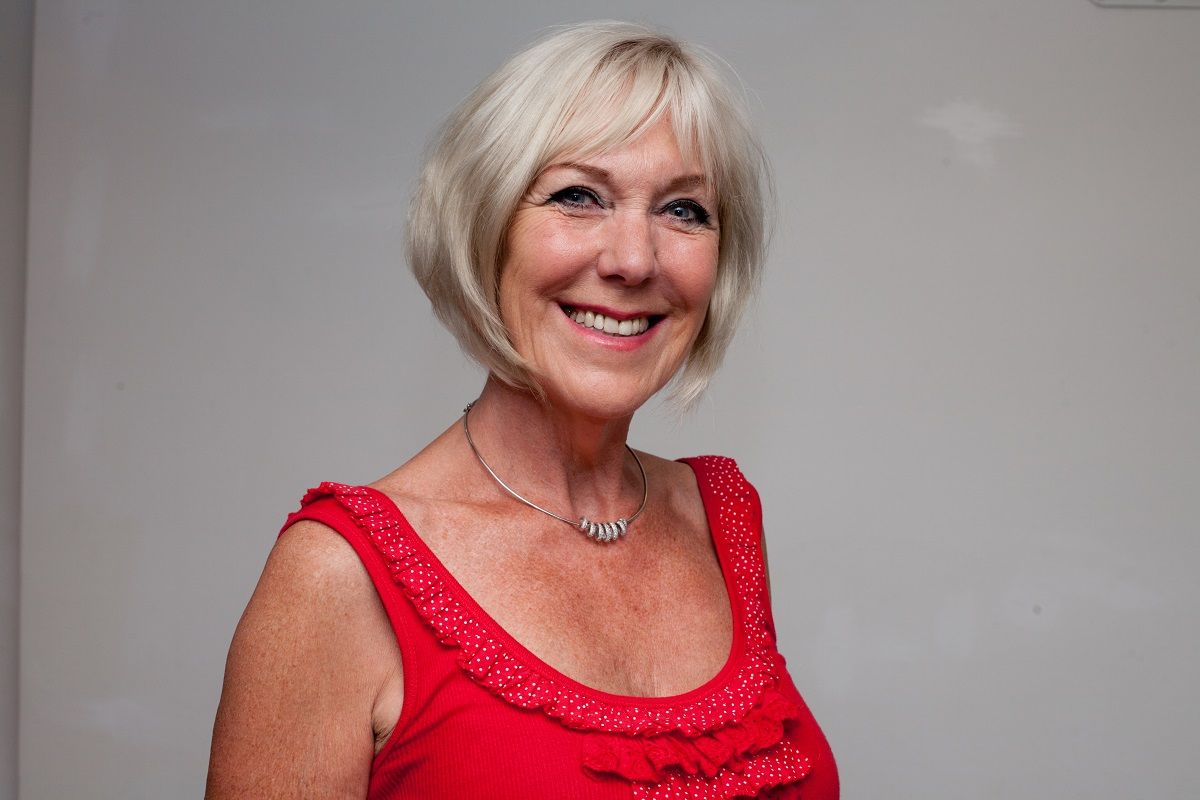What would you like?” a voice said in my ear over the hubbub of noise.
“A danskvand please.”
“Water! What are you talking about? It’s Christmas!”
A huge glass of white wine was thrust into my hand, which I estimated to be at least three units – a woman’s daily quota in one glass. Since this was the beginning of the party, when he turned away, I quickly watered it down. Further down the bar I heard: “One tequila, two tequila, three tequila, FLOOR!” followed by a clinking of shot glasses.
It was a dark, cold afternoon in December and one of the hundreds of Danish julefrokosts had just begun. For the next 12 hours, tequilas would be tossed, wine swilled, beer imbibed and cocktails concocted.
Every year from December 1-31, Denmark changes its nature to such an extent that I rename it Juleland. The hygge that Denmark is famous for and provides so effortlessly for eleven months of the year is replaced by ‘Julehygge’ – a hyped-up version of the real thing.
The worthy citizens of Juleland take the 4 Cs of the hygge we know and love – comradeship, conviviality, cosiness and Carlsberg – and manipulate them into monstrous, outsized helpings of everything. Those modest plates of delicious Danish delicacies become huge heaps of herring, stacks of flæskesteg and buckets of rødkål awash with thick brown gravy and swilled down with numerous glasses of cold schnapps. The beer is stronger and is called julebryg, and instead of a cosy beer with colleagues after work on a Friday, in Juleland people simply stop working, start drinking and have lots of drink-fuelled sex. That is the end of the good news.
READ MORE: The art of the office Christmas party: Boozy fun or occupational mine field?
You see, Juleland also has its dark side. If, faced with a table groaning under the weight of slices of pork, caramelised potatoes, thick gravy and marzipan pigs, you ask for a salad, an accusatory finger will be thrust at you and you will hear the dreaded words: “That’s NOT very Christmassy!” And if you dare to ask for a sodavand at one of Juleland’s 12-hour julefrokosts, you risk being ostracised.
Lies can work sometimes. “I am the driver” is accepted. But “I am on antibiotics” can lead to embarrassing questions, and “I am allergic to hops” is derided. Anyway, these pathetic lies are swept away where the rule of ‘Skål’ prevails. When the jokes we know become only too real.
Like “Whiskey is a great drink, it makes you see double and feel single.” Or “I gave up drink last year. It was the longest 20 minutes of my life.” And how about “I read that drinking can ruin your health so I gave up. (“You gave up drinking?”) No – reading!” At the end of my julefrokost stand- up entertainment, I always say: “I wish you all a juleaften you’ll never forget and a julefrokost you won’t even remember!”
Denmark remains Juleland all the way to New Year’s Eve, when Juleland celebrates its last day with a frantic burst of alcohol abuse and fireworks. Both are only pleasurable for a brief moment in time. As New Year’s Day dawns, and the streets are strewn with empty and charred rocket shells, the drunk-happy folk of Juleland wake up and feel like broken shells of their former selves. Some reach for the Gammel Dansk and soldier on, but most of them wallow in a sea of nausea repeating their new year’s resolution mantra: “I will never drink again.” Gone are the red nisser hats, the free and tasteless peppernuts, the Christmas hearts swaying on frozen trees. Gone are the candle-lit evenings with the ones they love, and the other ones.
These family-orientated, indulgent and indulging, musical, gift-buying, paper-cutting, argumentative, obese, alcoholic folk of Juleland transform into the people of Januaryland – a dour crowd who, shaking from nicotine withdrawal, struggle with their new year resolutions while they rue their ruined relationships, failed diets and failing livers.
You’d be lucky to even be offered a drink from these miserable sods. So maybe Juleland is not so bad after all. Happy New Year!















